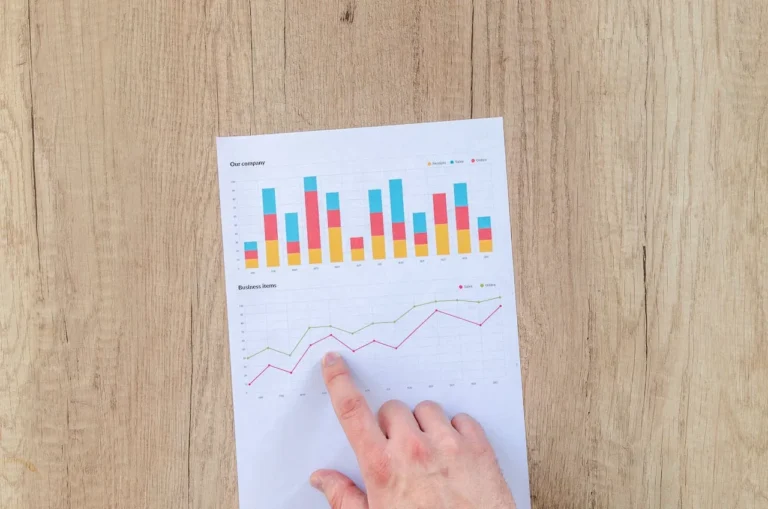
Boku, a global leader in localized payment solutions, has taken a significant step forward in its Latin American expansion with the approval of a Payment Institution license by the Central Bank of Brazil (BCB). This strategic authorization enables Boku to act as both a Payment Initiator and an E-money Issuer, granting the company access to Brazil’s Open Finance ecosystem as a registered Payment Initiation Service Provider (PISP). With this license in hand, Boku is now positioned to roll out Pix Automático, Brazil’s upcoming solution for recurring digital payments, to merchants by early 2026.
The license marks a milestone in Boku’s broader strategy to support merchants operating in Latin America by offering seamless, secure, and locally preferred digital payment options. With Pix Automático, Boku will empower millions of Brazilian consumers—especially those without access to credit cards—to make recurring payments for services such as streaming, subscriptions, gaming, and other digital goods. This move aligns with Brazil’s growing emphasis on financial inclusion and its shift toward a digital-first economy.
Pix: Brazil’s Digital Payments Powerhouse
Since its launch in 2020 by the Central Bank of Brazil, Pix has rapidly become the country’s most popular payment method. Over 76% of Brazilian adults now use Pix, with adoption especially high among younger, tech-savvy consumers and users of digital-first banks like Nubank. Businesses have also embraced Pix, with more than 15 million merchants accepting it as a payment option.
Today, Pix accounts for a staggering 45% of all payments and 30% of e-commerce transactions in Brazil. Approximately 20% of all transaction value in the country now flows through Pix, making it one of the world’s most successful real-time payment systems. Its convenience, speed, and cost-effectiveness have made it a powerful tool in the transformation of Brazil’s payments landscape.
Pix Automático: The Next Phase in Digital Payments
In response to growing consumer demand for convenience and automation, Pix Automático was introduced in June 2025. Unlike the original Pix system, which focused on one-time payments, Pix Automático is designed to facilitate recurring transactions—perfect for subscription-based services such as streaming platforms, cloud software, fitness memberships, and digital content.
Boku’s own research, highlighted in its 2024–2028 Global Ecommerce Report, reinforces the need for such innovation. The report found that 78% of Brazilian consumers would consider switching to a different payment method if it offered benefits such as better security, reduced fees, or improved user experience. Pix Automático directly answers that call by offering seamless, secure recurring payments without redirection—known in Brazil as JSR (Journey Shortened Redirection).
Enabling Innovation Through Licensing
With its new license, Boku becomes an officially recognized Payment Institution in Brazil. This allows the company to initiate payments and issue electronic money—key capabilities for enabling future innovations like Pix Automático and participating more deeply in Brazil’s Open Finance framework.
For merchants, this unlocks powerful new opportunities. They will soon be able to offer subscription billing and other recurring payment models directly within the Pix ecosystem. This reduces friction at checkout, improves payment conversion rates, and enhances accessibility for underbanked and unbanked consumers. It’s a major leap toward making everyday digital commerce more inclusive and efficient.
Leadership Commentary
Stuart Neal, CEO of Boku, commented on the milestone:
“Our mission is to let consumers everywhere pay for what they love in the way they prefer. For merchants, that means offering localized options that unlock new growth. Our commitment to expanding local payment options—like Pix Automático—shows how innovation can drive financial inclusion at scale. Brazil is setting the pace, and Pix Automático reflects that vision—reaching more users and making everyday payments simpler and more inclusive.”
Ricardo Amaral, Boku’s Vice President for LATAM, added:
“Brazil is leading a payments revolution, and Boku is proud to help shape its future. This next chapter centers on millions of Brazilian consumers—those without credit cards and those who seek simpler, safer ways to pay. Pix Automático is our next frontier, and with our new BCB-issued license, we’re on track to make it available to merchants in early 2026. Our goal is to help global merchants thrive in Brazil’s fast-evolving digital economy and replicate that success across Latin America.”
A Catalyst for LATAM-Wide Change
While Brazil is at the forefront of the digital payments movement, other Latin American markets are not far behind. Colombia is preparing to launch a Pix-inspired real-time payments system, called Bre-B, by September 2025. In Mexico and Argentina, local payment innovations like DiMo and Transferencias 3.0 are gaining ground, using QR code interoperability and alternative account-to-account systems.
As more countries shift away from card-based payments in favor of local, real-time methods, Boku’s regional presence—and now its official licensing in Brazil—positions it to be a major driver of this transformation. By partnering with global merchants and aligning with local regulatory frameworks, Boku is helping shape a new digital payment blueprint for Latin America.
About Boku: Boku helps people pay the way they want to by building a global network of localized payment solutions including digital wallets, direct carrier billing, and account to account / real-time payments schemes. Boku’s global payments network now includes over 250 local payment methods worldwide, reaching over 7.5 billion consumer payment accounts in more than 70 countries. Boku works with the world’s largest merchants including Amazon, Google, Spotify, Meta, Microsoft, Netflix, Tencent and Sky, helping them to grow their businesses in every corner of the globe.
Boku Inc. was incorporated in 2008 and is headquartered in London, UK, with offices in the US, India, Brazil, China, Estonia, France, Germany, Indonesia, Japan, Singapore, Spain, Taiwan, and Vietnam.







